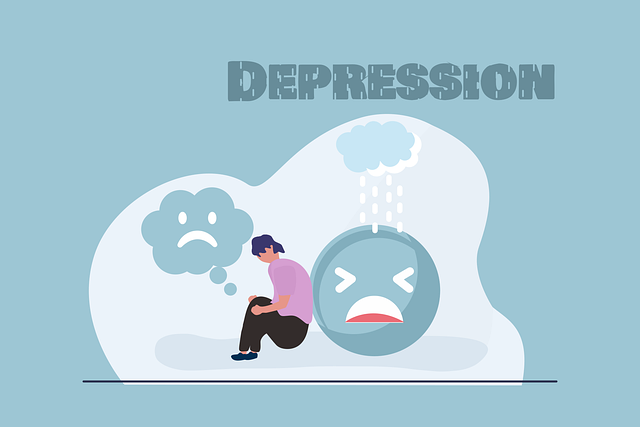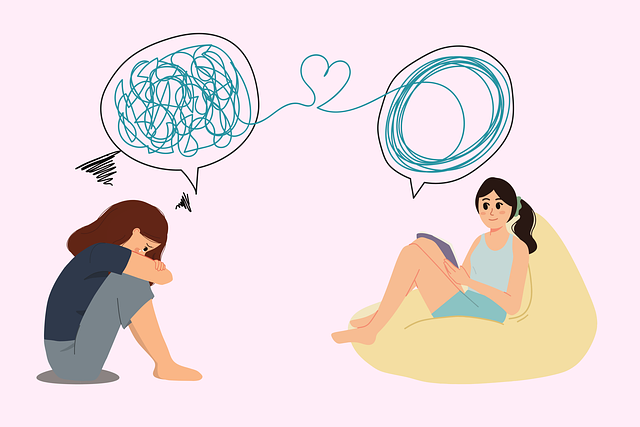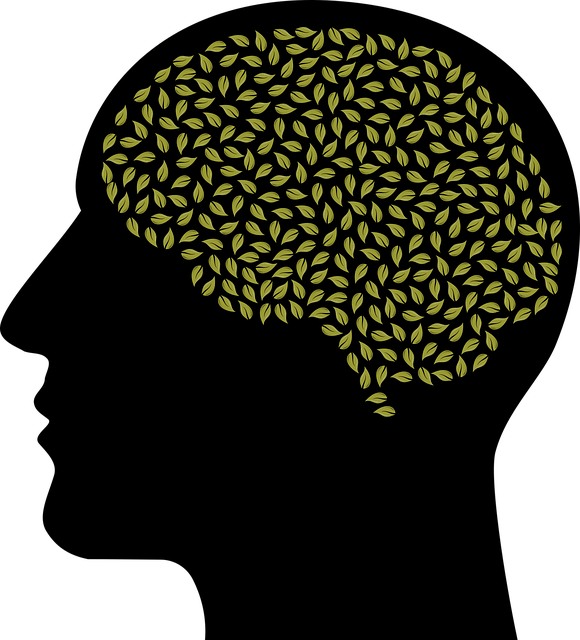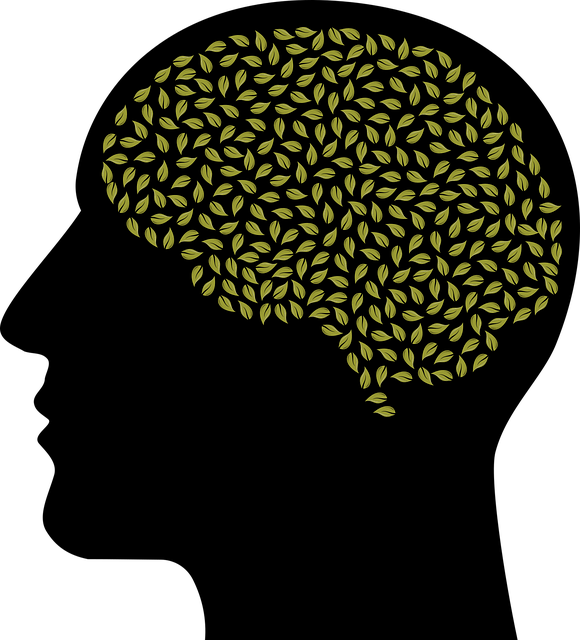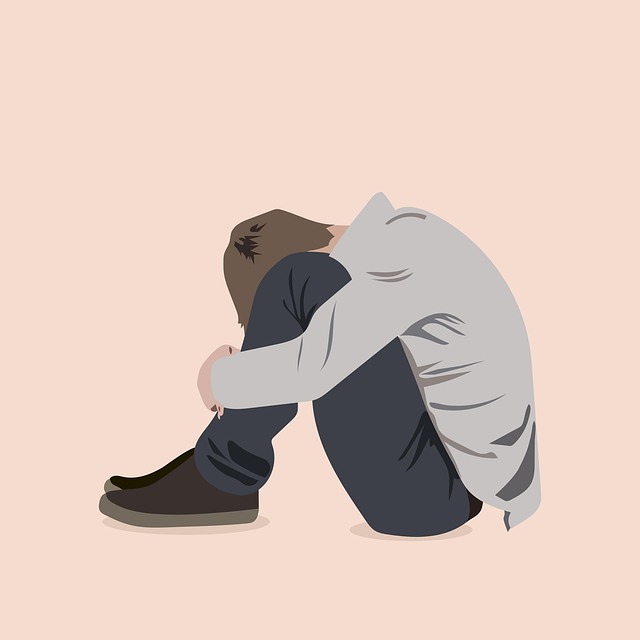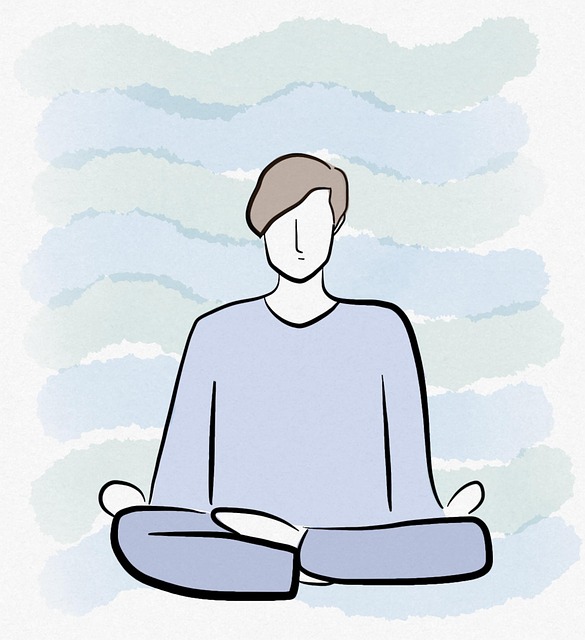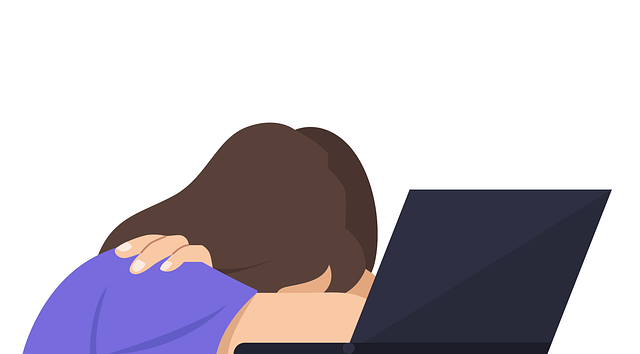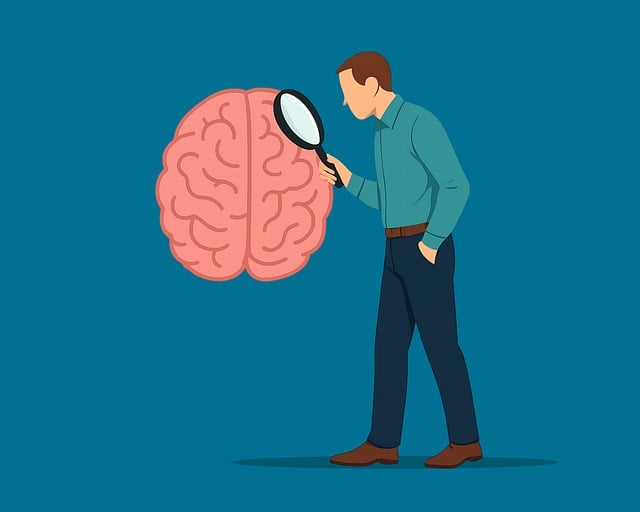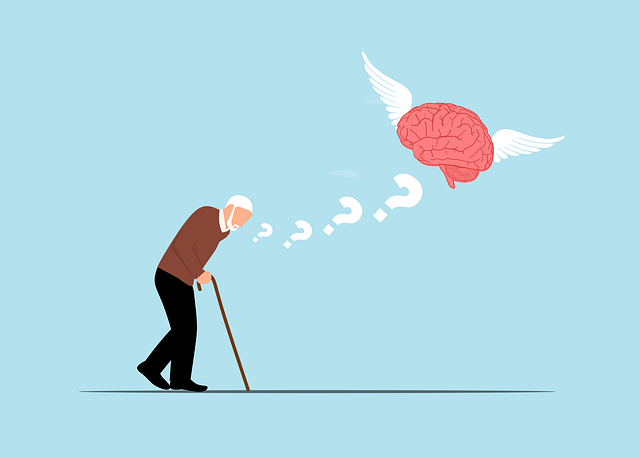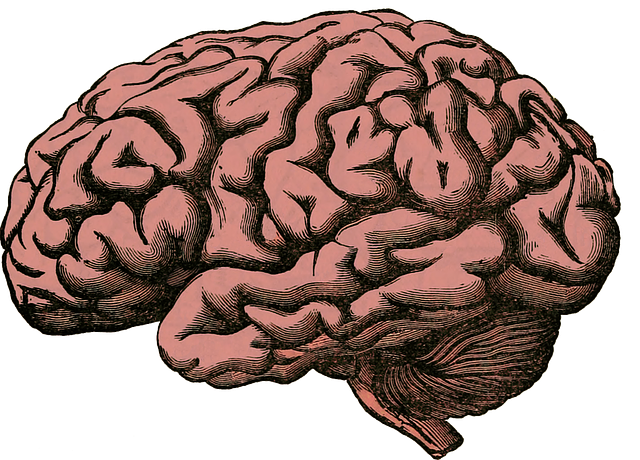Lone Tree Crisis Counseling Therapy offers specialized group facilitation for mental wellness, creating safe spaces for individuals facing challenges like stress, anxiety, and depression. Through open dialogue, peer learning, and strategic interventions, their approach leverages community support and mindfulness exercises to enhance emotional well-being. The professional facilitators guide sessions that foster belonging, personal growth, and resilience, providing practical tools for long-term mental health management in a nurturing environment.
Mental wellness group facilitation plays a pivotal role in fostering healing and support among individuals facing various challenges. This article explores effective techniques, drawing insights from Lone Tree Crisis Counseling Therapy’s proven methods. We delve into understanding mental wellness groups and their transformative power through dynamic interactions. By examining strategies tailored for such settings, we highlight how these practices promote healing, build community, and enhance well-being, offering valuable guidance for both professionals and those seeking support in similar contexts.
- Understanding Mental Wellness Group Facilitation
- Techniques for Effective Group Sessions at Lone Tree Crisis Counseling Therapy
- Promoting Healing and Community through Group Dynamics
Understanding Mental Wellness Group Facilitation

Mental wellness group facilitation is a specialized skill set that empowers individuals to support and guide others through shared experiences and challenges related to mental health. It’s an art that transcends simple conversation, employing techniques tailored to foster open dialogue, build community, and promote healing. Facilitators, akin to guides on the path to mental well-being, create safe spaces where participants can share their stories, process emotions, and gain insights from one another. This supportive environment is crucial for navigating complex topics like stress management, anxiety, depression, and more, often seen as a game-changer in enhancing overall mental health outcomes.
At Lone Tree Crisis Counseling Therapy, the art of group facilitation goes beyond mere conversation. It involves employing strategic interventions to address not just individual needs but also the collective dynamics at play. This approach leverages the power of community support, peer learning, and shared experiences—all vital components of effective mental health education programs design. Moreover, it underscores the importance of risk assessment for mental health professionals, ensuring a safe and beneficial environment for all participants.
Techniques for Effective Group Sessions at Lone Tree Crisis Counseling Therapy

At Lone Tree Crisis Counseling Therapy, facilitating effective group sessions involves a blend of active listening, structured activities, and creating a safe space. Group members often share personal experiences, offering unique perspectives that enrich discussions. Facilitators encourage open dialogue, fostering an environment where individuals feel empowered to express their thoughts and emotions. Techniques such as guided meditations, mindfulness exercises, and skill-building workshops are integrated into sessions to promote self-care practices and burnout prevention.
These interactive approaches not only enhance group cohesion but also equip members with practical tools for managing stress, anxiety, and depression. By combining emotional support with actionable strategies, Lone Tree Crisis Counseling Therapy’s group facilitation techniques aim to empower individuals to navigate life’s challenges more effectively. This holistic approach ensures that participants leave each session feeling validated, equipped, and hopeful, laying the groundwork for sustained mental wellness.
Promoting Healing and Community through Group Dynamics

In a supportive group setting facilitated by trained professionals like those at Lone Tree Crisis Counseling Therapy, individuals find solace and strengthen their support networks. The power of group dynamics goes beyond individual therapy; it cultivates a sense of belonging and facilitates healing through shared experiences and collective resilience. By fostering open communication, participants can explore emotions, challenges, and victories in a safe space, promoting emotional well-being and personal growth.
Effective facilitation incorporates cultural sensitivity in mental healthcare practice, ensuring inclusive and respectful interactions among diverse group members. Mindfulness meditation techniques are often woven into sessions to enhance self-awareness and emotional regulation. Additionally, teaching conflict resolution skills allows group members to navigate disagreements constructively, further strengthening the therapeutic community. These practices collectively contribute to a positive, nurturing environment where individuals can heal, connect, and support one another throughout their mental wellness journeys.
Mental wellness group facilitation plays a pivotal role in fostering healing and community, as exemplified by the successful techniques employed at Lone Tree Crisis Counseling Therapy. By understanding the dynamics of mental health support groups, facilitators can create safe spaces that promote open communication, build resilience, and offer valuable peer-to-peer support. These practices not only enhance individual well-being but also contribute to a stronger, more connected community.


